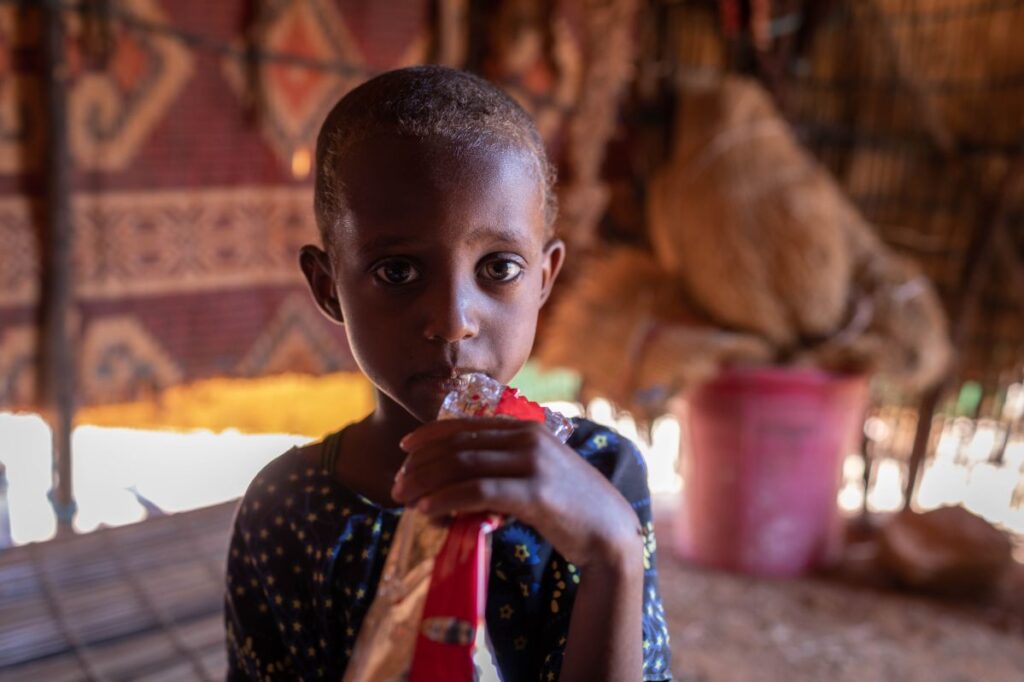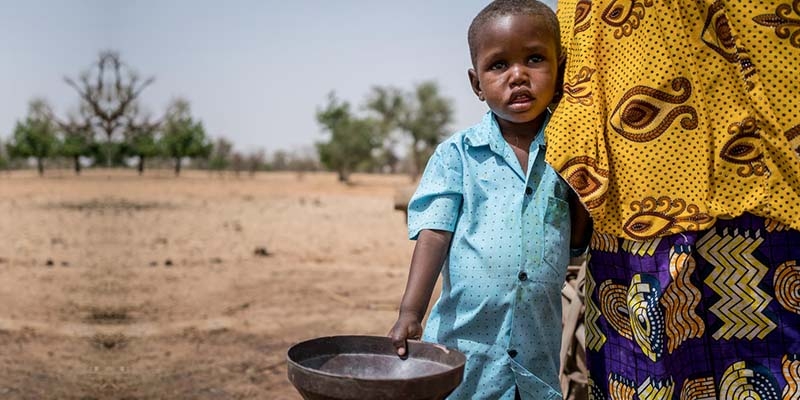
As the world grapples with numerous challenges, a distressing and recurring crisis remains in several parts of Africa. Famine, a dire consequence of a complex web of factors including conflict, climate change, and economic instability, is gripping vulnerable communities across the continent. Urgent international intervention is required to prevent a humanitarian catastrophe of unprecedented proportions.
A Growing Humanitarian Emergency:
Famine’s ruthless grip is tightening its hold on parts of Africa, leaving millions of people on the brink of starvation. Countries such as South Sudan, Yemen, Somalia, and northeastern Nigeria are experiencing severe food shortages and acute malnutrition, threatening the lives of children, women, and men who are already vulnerable due to conflict and displacement.
The Interplay of Factors:
The specter of famine in Africa is not a standalone issue; it is intertwined with a host of challenges that exacerbate its impact. Prolonged conflict disrupts food production and distribution, while climate change-induced droughts and erratic rainfall patterns decimate crops and livestock. Economic instability further compounds the crisis, leaving communities struggling to afford basic necessities.
Children Bear the Brunt:
Famine’s cruelest victims are often the youngest. Children are disproportionately affected, facing malnutrition that stunts their physical and cognitive growth. The cycle of malnutrition can have lasting effects, compromising their potential and perpetuating a cycle of poverty that extends across generations.

Humanitarian Organizations Respond:
Amidst this looming catastrophe, humanitarian organizations on the ground are working tirelessly to provide life-saving assistance. They are delivering food aid, providing medical care, and supporting efforts to rebuild shattered communities. Their dedication is commendable, but the scale of the crisis demands a broader and more coordinated response.
International Cooperation is Vital:
Addressing the famine crisis requires a united front. Governments, international organizations, and the global community must come together to provide swift and substantial assistance. Funding is urgently needed to ensure the delivery of essential resources and aid to those who need it most.
Long-Term Solutions and Prevention:
While immediate relief efforts are essential, the root causes of famine must also be tackled to prevent future crises. Investing in sustainable agriculture, conflict resolution, climate adaptation, and economic development are crucial steps toward breaking the cycle of vulnerability.
